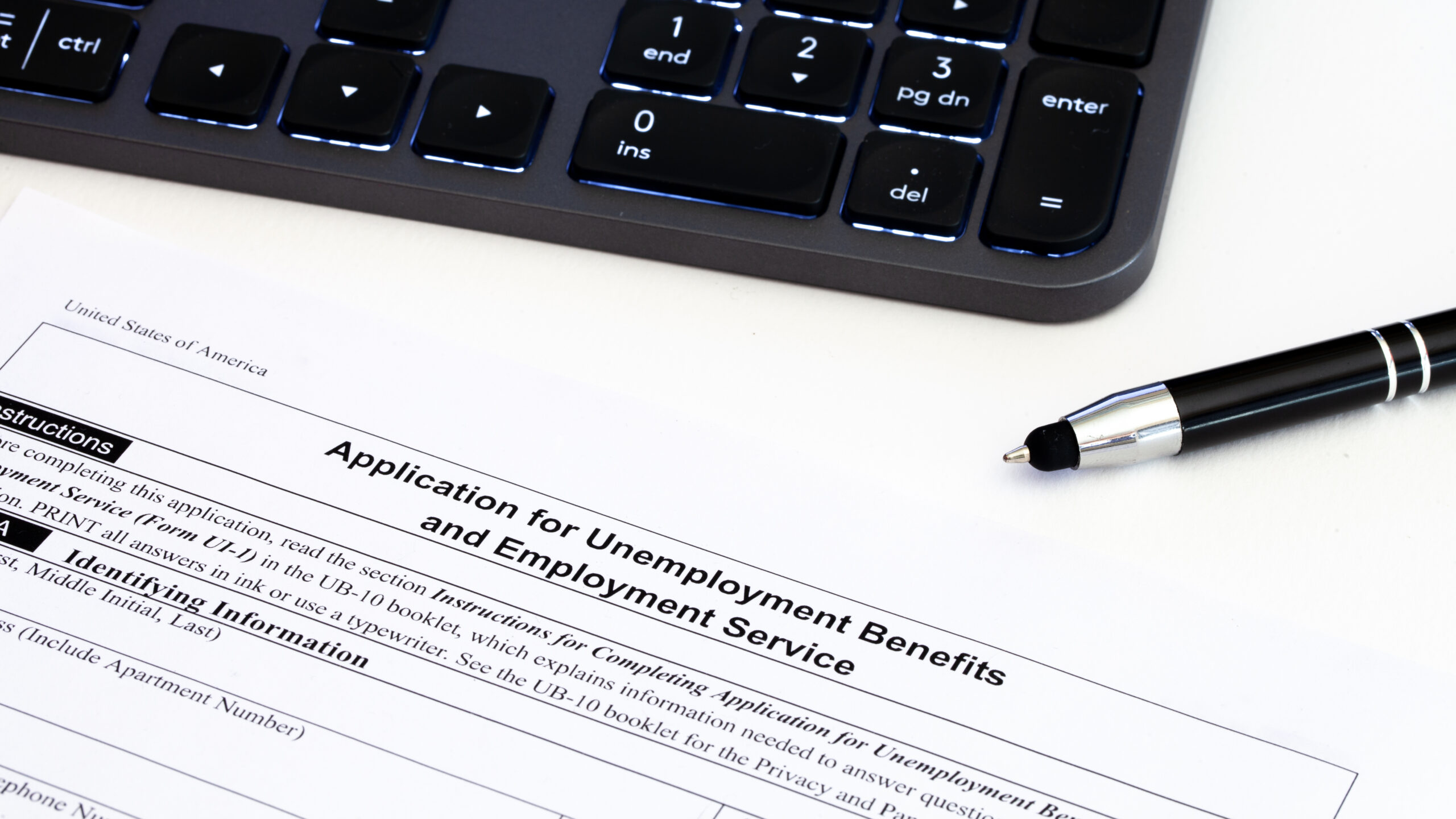Refunds for Nontaxable Unemployment Compensation
The IRS is automatically refunding money to eligible people who filed their tax return reporting unemployment compensation before the recent changes made by the American Rescue Plan.
Background
Typically, when an individual receives unemployment compensation it is taxable. However, under a recent law change (American Rescue Plan), taxpayers who earned less than $150,000 in modified adjusted gross income can exclude some unemployment compensation from their income. This means they don’t have to pay tax on some of it.
People who are married filing jointly can exclude up to $20,400 – up to $10,200 for each spouse who received unemployment compensation. All other eligible taxpayers can exclude up to $10,200 from their income.
This law change occurred after some people filed their 2020 taxes. Eligible taxpayers who filed and figured their 2020 tax based on the full amount of unemployment compensation, will automatically receive a refund. The IRS expects to begin issuing these refunds in May.
What You Need to Do
There is no need to do anything. The IRS will determine the correct taxable amount of unemployment compensation. Any resulting overpayment of tax will be either refunded or applied to other taxes owed.
The recalculations will take place in two phases:
- First, taxpayers who are eligible to exclude up to $10,200.
- Second, those married filing jointly who are eligible to exclude up to $20,400, and others with more complex returns.
When to File an Amended Return
Taxpayers only need to file an amended return if the recalculations make them newly eligible for additional federal tax credits or deductions not already included on their original tax return. For example, the IRS can adjust returns for taxpayers who claimed the earned income tax credit and, because the exclusion changed their income level, may now be eligible for an increase in the EITC amount.
Taxpayers would, however, have to file an amended return if they did not originally claim the EITC or other credits but are now eligible to claim them following the change in the tax law. If they now qualify for these credits, they should consider filing an amended return to claim this money. These taxpayers may want to review their state tax returns as well.
Taxpayers who haven’t yet filed and choose to file electronically, simply need to respond to the related questions when preparing their tax returns. For those who choose to file a paper return, instructions and an updated worksheet about the exclusion are also available.
Don’t hesitate to contact the office. As always, help is just a phone call away.[/vc_column_text][/vc_column][/vc_row]






